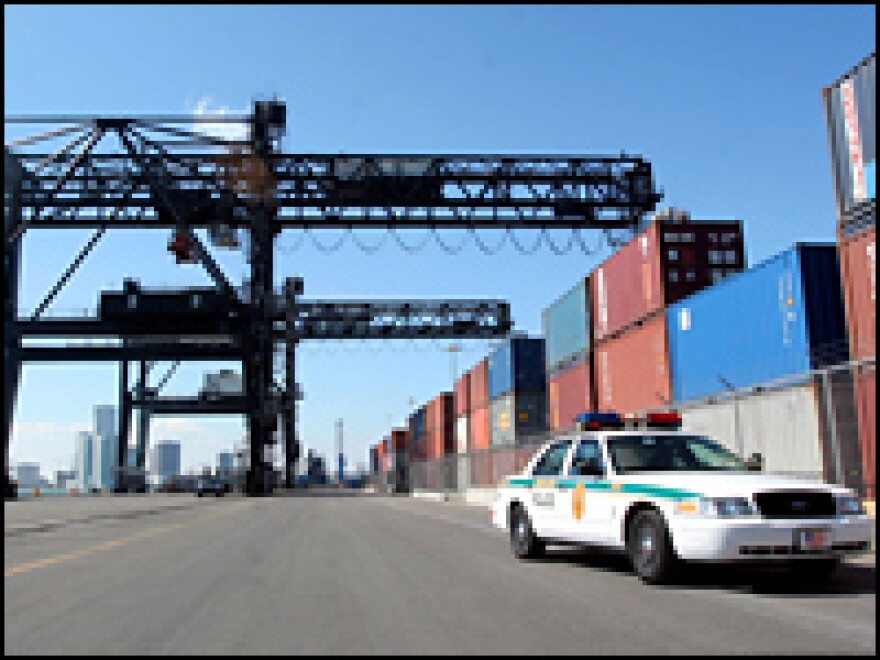The Senate passes an emergency spending measure that costs $14 billion more than President Bush said he would accept. But the president has retreated on his veto threat, waiting to see how a Senate-House conference committee will handle the gap between the Senate's $109 billion package compared to the House's $91.9 billion proposal.
The Senate measure provides money for the war in Iraq, and for hurricane recovery. But it also contains billions of dollars for lawmakers' pet projects.
The original price tag on the bill President Bush sent to Congress was a little more than $92 billion. The White House approved adding another $2.3 billion for flu preparations.
But lawmakers saw many more needs than the president provided for. As Sen. Robert Byrd (D-WV) said, "the President did not request a dime -- not one thin dime -- for border security or port security."
To that end, the Senate added nearly $2 billion to secure U.S. borders and $648 million for port security. Also included were $4 billion for farm disaster relief and $1 billion to help the Gulf Coast seafood industry. In the end, the price tag of the emergency bill had ballooned to $109 billion.
Lawmakers from both parties added to the cost of the bill, none more so than Mississippi Republican Sens. Thad Cochran, and Trent Lott. They added $700 million to relocate a freight rail line from the Mississippi gulf coast, and half a billion dollars for the shipyard in Pascagoula, Lott's home town. Cochran is the Senate Appropriations Committee chairman.
The emergency nature of the spending bill means the money is not offset by tax revenues and is added on to the federal deficit. The additions prompted White House spokesman Scott McClelllan to repeat earlier warnings that the current path would result in a veto -- which would be the president's first.
Copyright 2022 NPR. To see more, visit https://www.npr.org.



